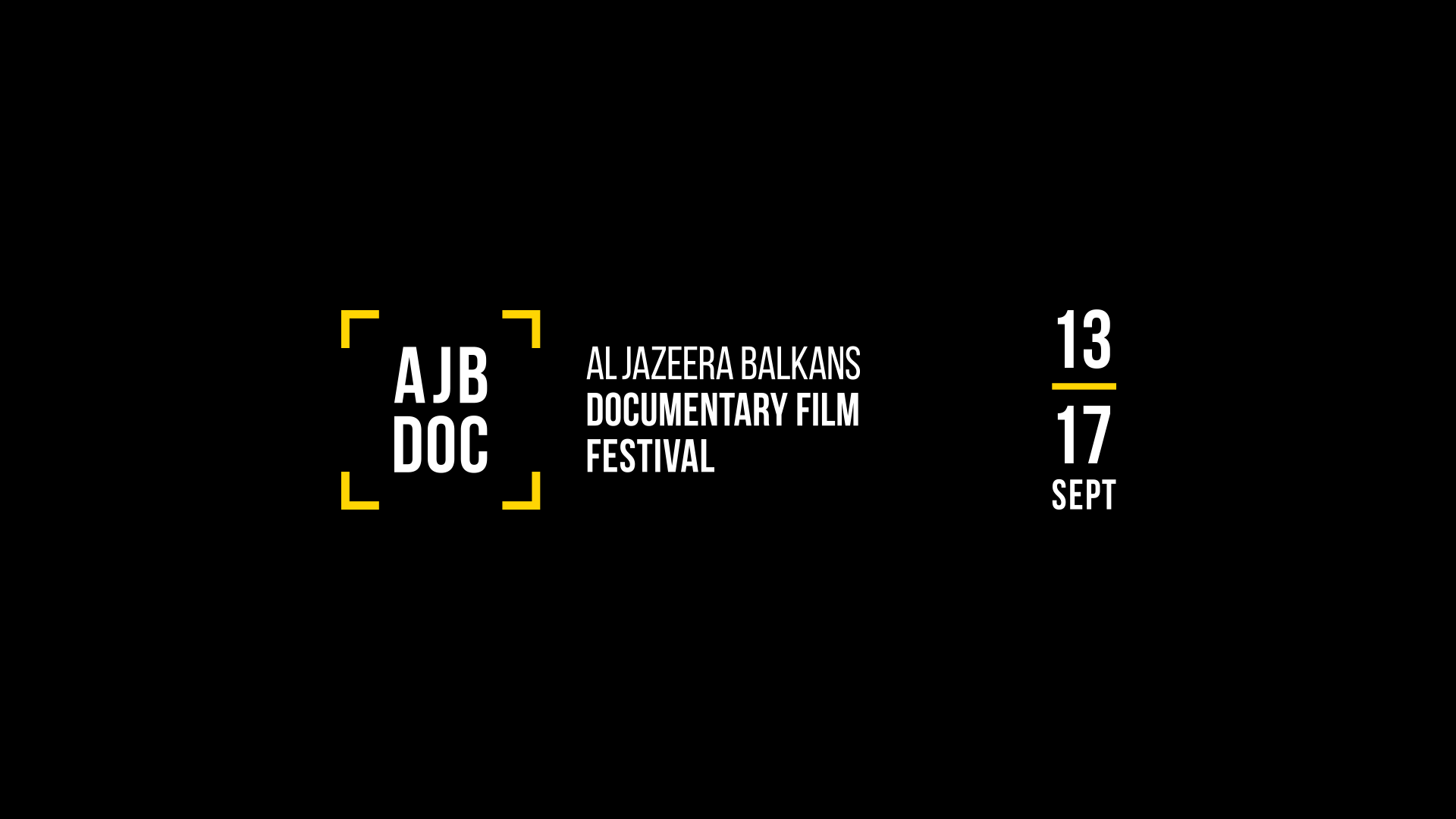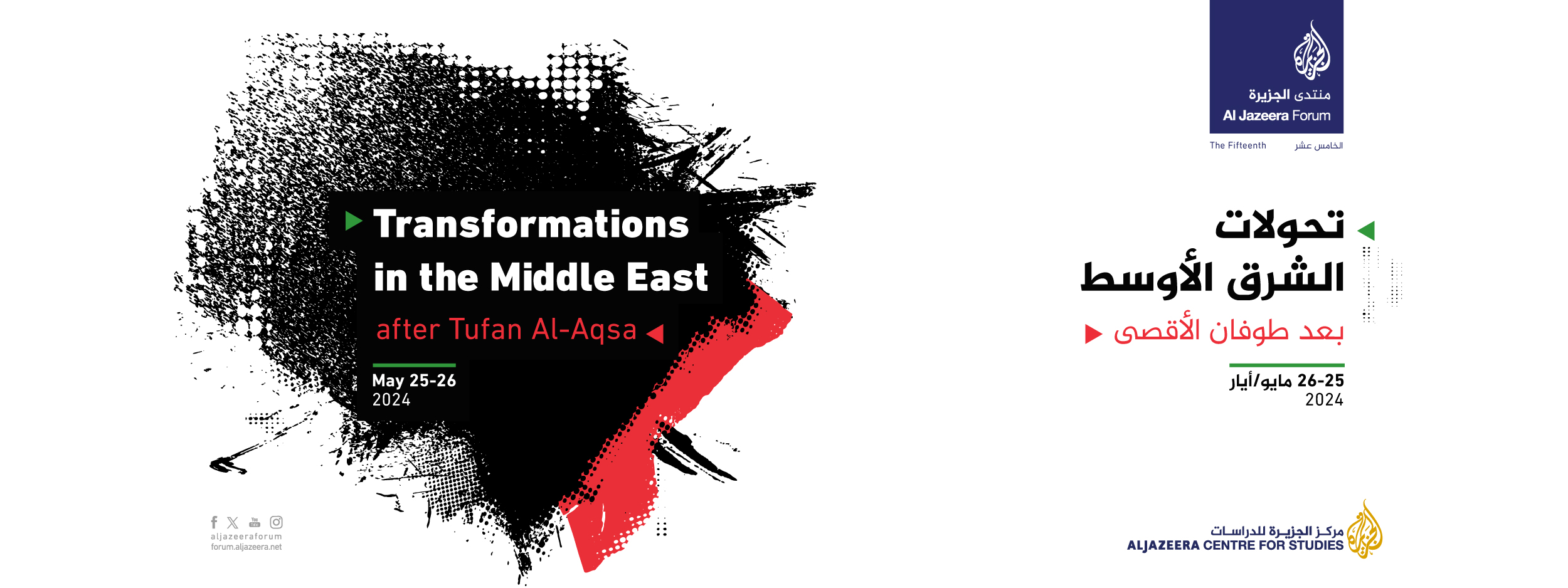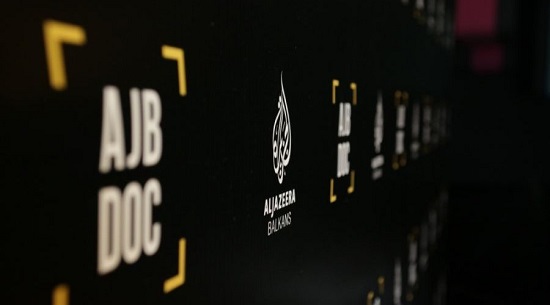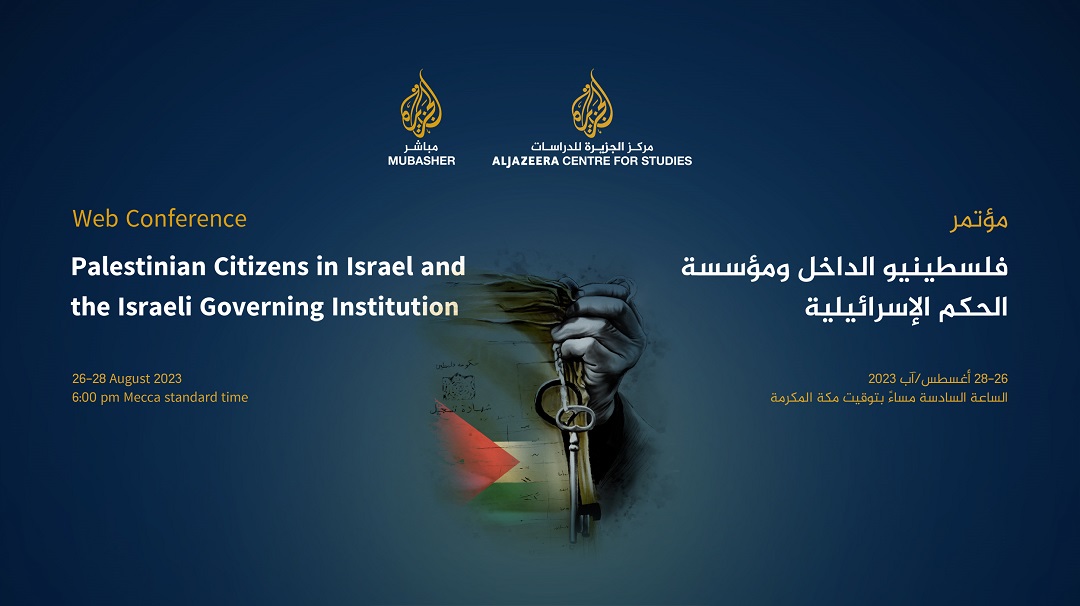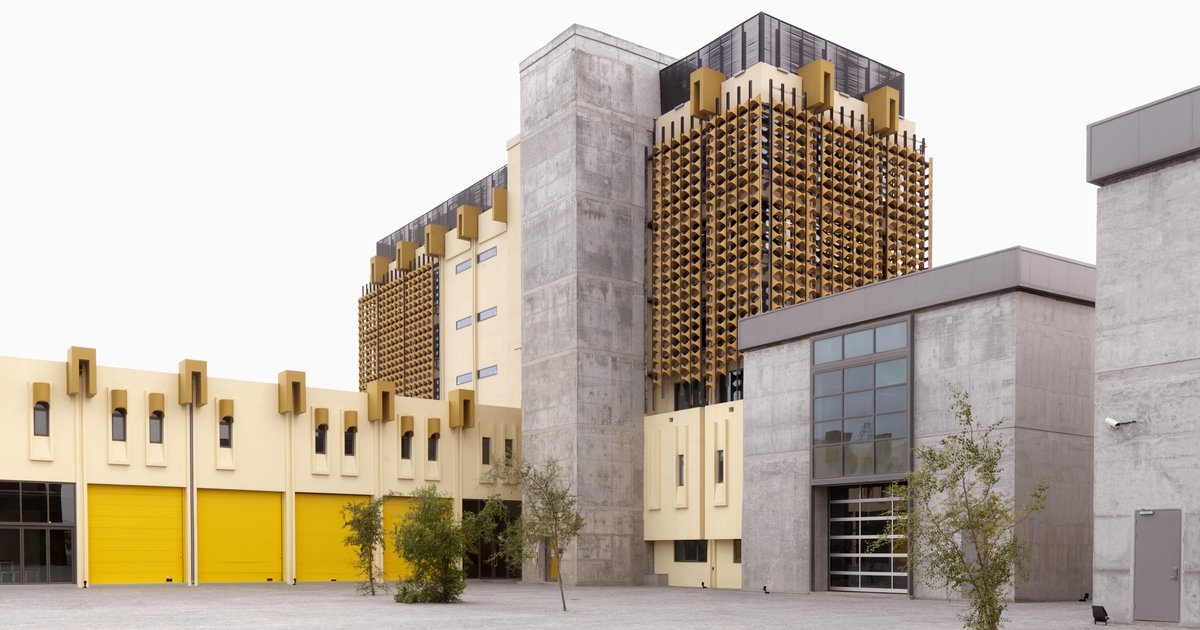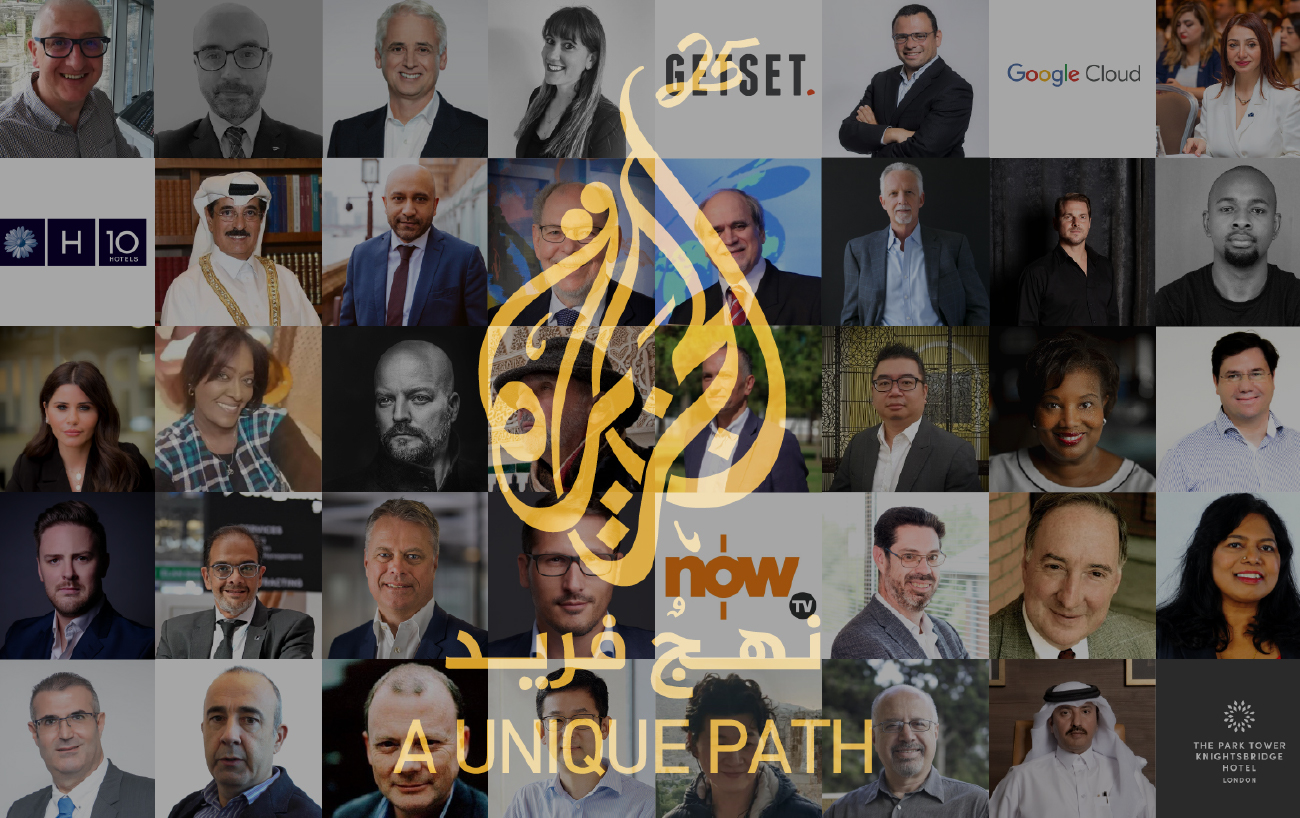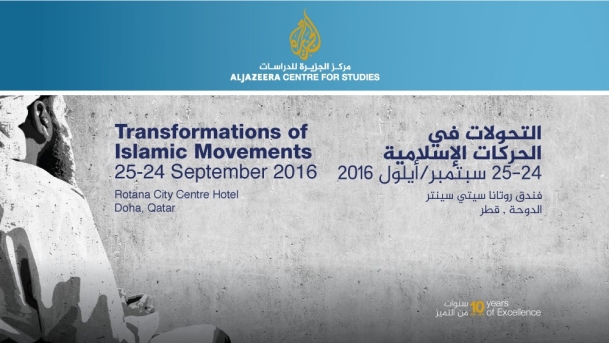
Conference "Islamic Movements: Transformations After the Arab Revolutions”
Concept Note
The increased presence of Islamist movements in the Arab political environment, whether as the opposition or within state institutions such as parliament, is a noticeable trend in recent decades. The Arab Spring revolutions uncovered a generally advanced state of these Islamist movements in Arab societies, one that became even clearer with elections in Tunisia, Egypt and Morocco, as well as with the varying balance of power in Syria, Libya, Yemen and Iraq’s respective conflicts.
Challenges to the Arab Spring movements disrupted change and democratic transition, eventually returned old regimes to power (albeit in differing forms) and increased violence and conflict across several Arab spheres. These challenges also uncovered profound transformations within bodies and forces which ascribe to the Islamist trend. This extends from their intellectual framework and goals, to their structure and organization, all the way to their relationships with the state on the one hand, and other social and political forces on the other hand.
These transformations are not just a general, overarching trend for Islamist groups - they have occurred even within individual groups, such as disputes within Egypt’s Muslim Brotherhood post-coup, and the Sudanese Islamist Movement’s internal splits since coming to power in the late 1980s, which ended in the group choosing the path of national dialogue only two years ago. Tunisia’s Ennahda Movement, which was elected to power in the post-revolution period, found itself in a coalition with its historic rival that had ruled the country since 1950s, and ultimately decided to dedicate its efforts to political work in order to strengthen its position in the state, leaving religious and preaching activities to civil society components.
Similarly, other components of the Islamist spectrum across the Arab world (Jordan, Yemen, Syria, Iraq, Palestine, Morocco, Algeria and Mauritania) have seen significant transformations on different levels. The Salafi trend is no exception. A number of Salafi groups have taken the path of calling for reforms and engaging in the political process, trying to influence their communities and states through political parties.
Then, there are Jihadist movements, which have taken on various forms ranging from those with transnational aspirations, such al-Qaeda, the Islamist State (IS) organization and Boko Haram, to those which operate domestically in the form of armed opposition groups, like those operating in Syria. Hezbollah is yet another a model, one that is jointly a political party and resistance movement, as well as the sectarian arm of a foreign state with which it shares the same ideology and a military, political and sectarian agendas.
In addition to the intellectual and political aspects, it is necessary to consider the social structure on which these Islamist forces rely and determine to what extent these structures are expanding or contracting. The Arab revolutions brought about major social mobility in most of the Arab countries, pushing wide sectors of the middle class and intelligentsia into the arena of political action and the struggle for change. There is no doubt that Islamist forces occupied a prominent position at the forefront of this social mobility, and here a serious question arises: To what extent have Islamist forces been able to maintain gains made during the Arab revolutions, particularly following the counter-revolutions which caused major impediments on the path to change and democracy?
And from this, another serious question arises: How responsible are Islamist groups for successes achieved by counter-revolutions as well as for the floundering of democratic transformations in other Arab countries?
Since it is clear that even the wave of counter-revolutions has mostly failed to provide successful alternatives that resulted in concrete socio-economic and political achievements, what remains unanswered is to what extent Islamist forces have been able to understand and learn from the successive transformations that have swept the Arab world in the past few years.
Al Jazeera Centre for Studies will be holding a conference about the transformations of the Islamist movementsafter the Arab revolutions to generate discussions around these questions, particularly focusing on intellectual, political and organizational transformations political Islam is experiencing. Conference participants will also explore the future of Islamist movements and the implications of their transformations in both the Arab and Islamist arenas, as well as implications of these transformations on Muslims’ relations with others, particularly the West.


